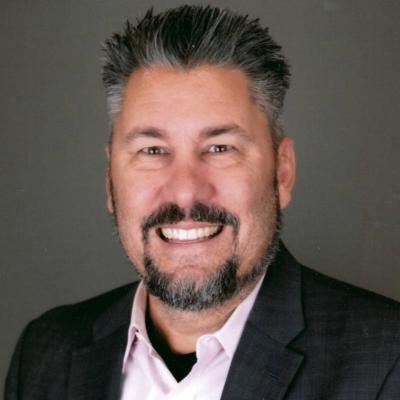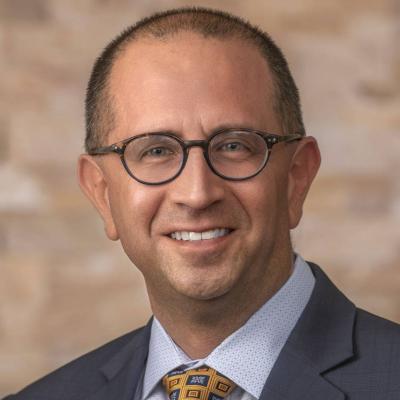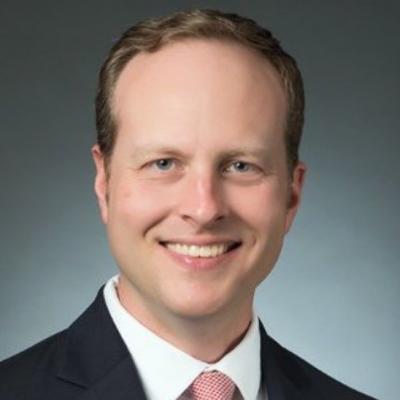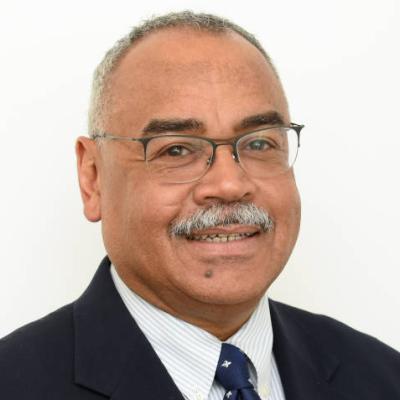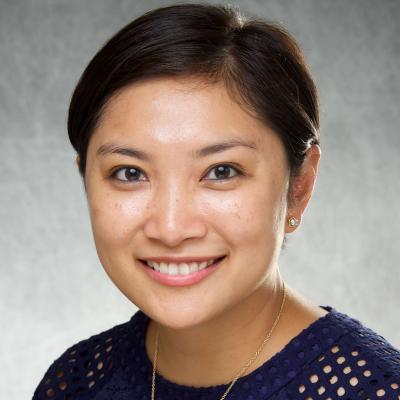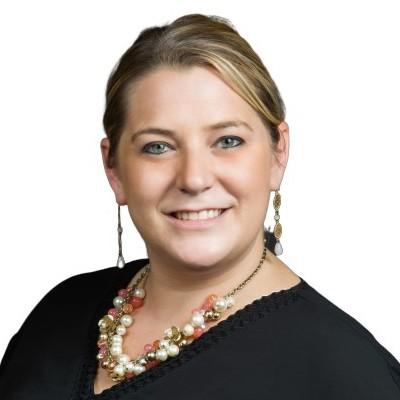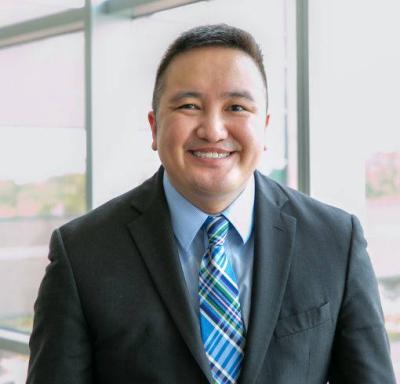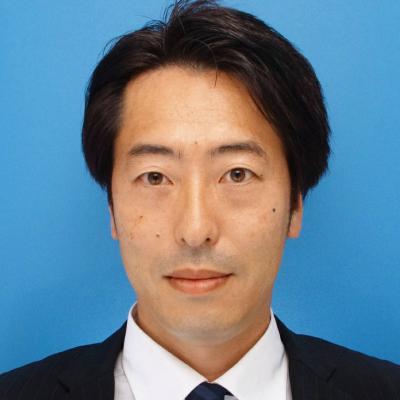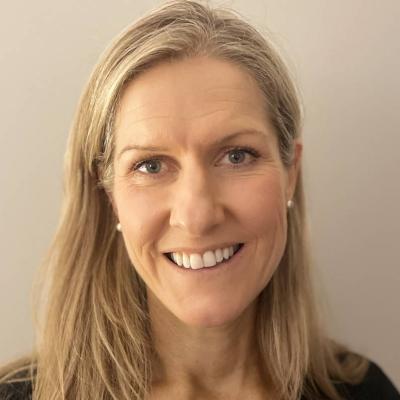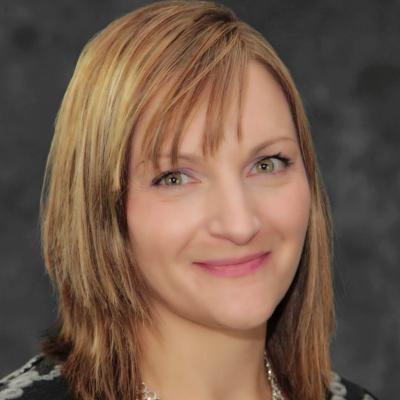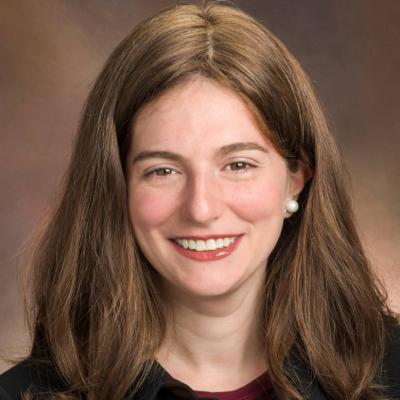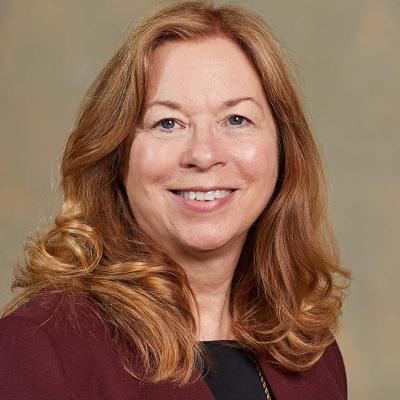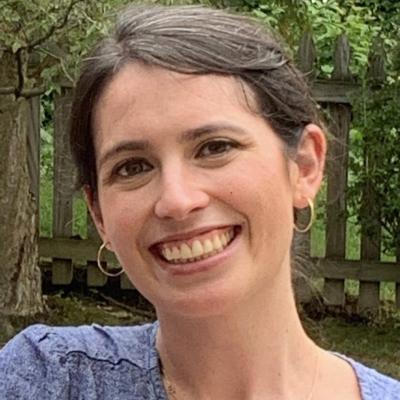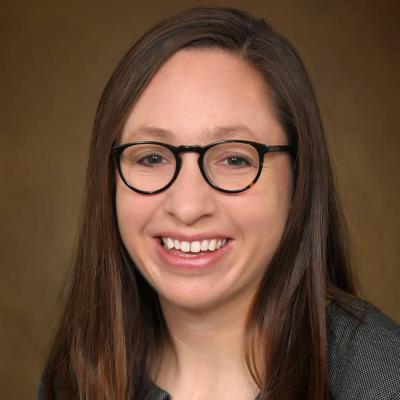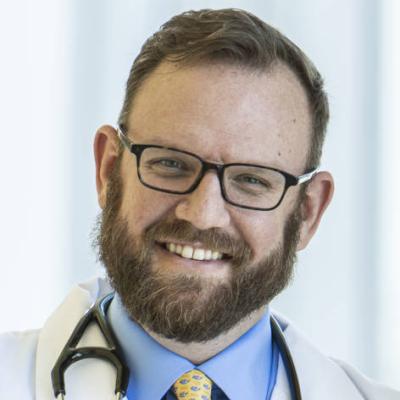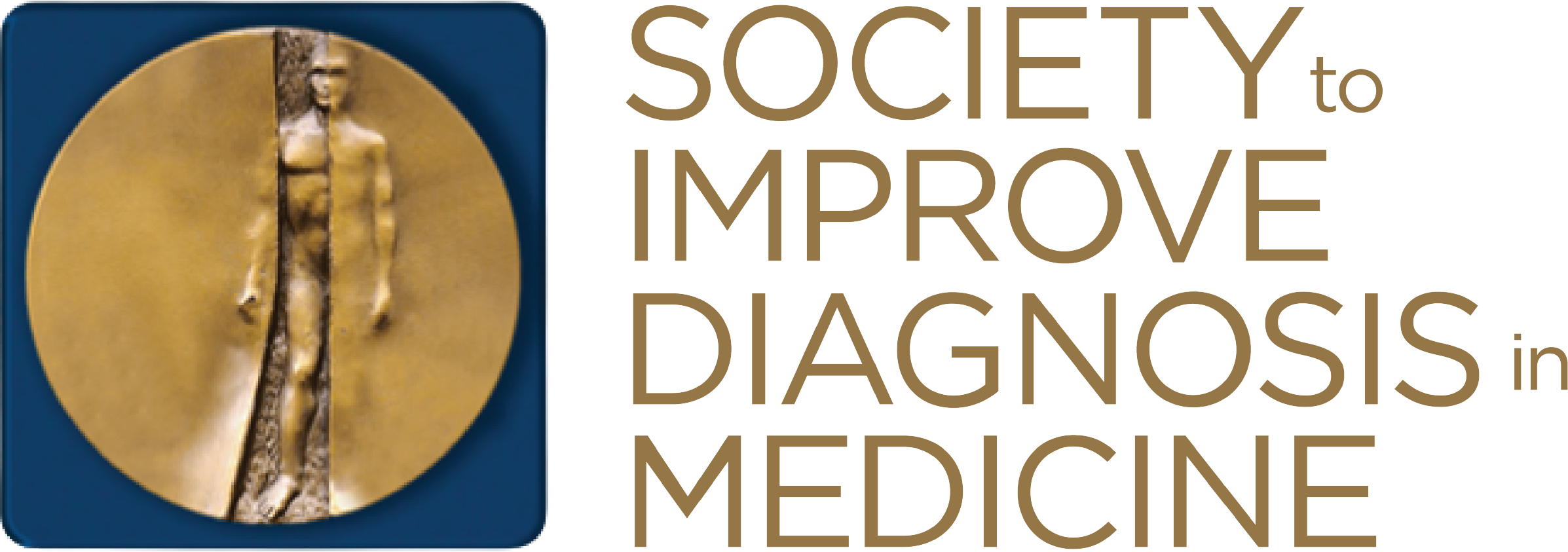Featured Session: Using Cognitive Interviewing Methods to Reconstruct Diagnostic Decisions
- x
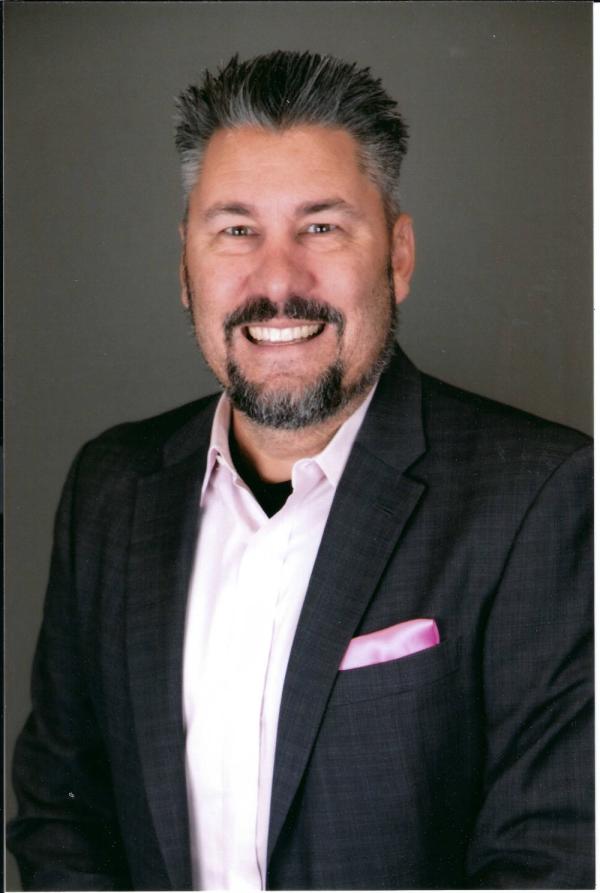
Al Duke, MBA, BSN, RN, CPHRM, CEN, CPPS
Manager
Risk Management and Patient SafetyBETA Healthcare Group
Roseville, CAAl Duke brings over 20 years of emergency department experience from staff nurse to department director. He has served in all capacities in the ED at both urban academic settings to smaller community hospitals. In addition, Al has faculty appointments at Loma Linda University School of Medicine and School of Nursing, providing interdisciplinary education in Leadership and Statistics. Dedicated to patient safety and quality care, Al contributed to the development of core competencies in emergency nursing in partnership with the Emergency Nurse Association and published on this work. He has also presented both locally, nationally, and internationally on TeamSTEPPS, simulation, the use of Lean/Six Sigma strategies, patient safety, clinical decision-making, human factors, and emergency care. Al currently works for BETA Healthcare Group, in his role, he provides risk management and patient safety expertise to member organizations. Al is very active in the Emergency Nurses Association, where he sits on the ENA national Advocacy Advisory Council and is the President-elect for the California State Council of ENA. Al received his Bachelor of Science in Nursing at Loma Linda University and Masters in Business Administration from the University of Phoenix. He is currently working on a doctorate in leadership and system design at Loma Linda University. Additional certifications include Certified Emergency Nurse, Certified Professional in Healthcare Risk Management, Certified Professional in Patient Safety, Lean Six Sigma Black Belt, Master TeamSTEPPS Trainer, and continues to evolve in Just Culture and Human Factors concepts.
- x
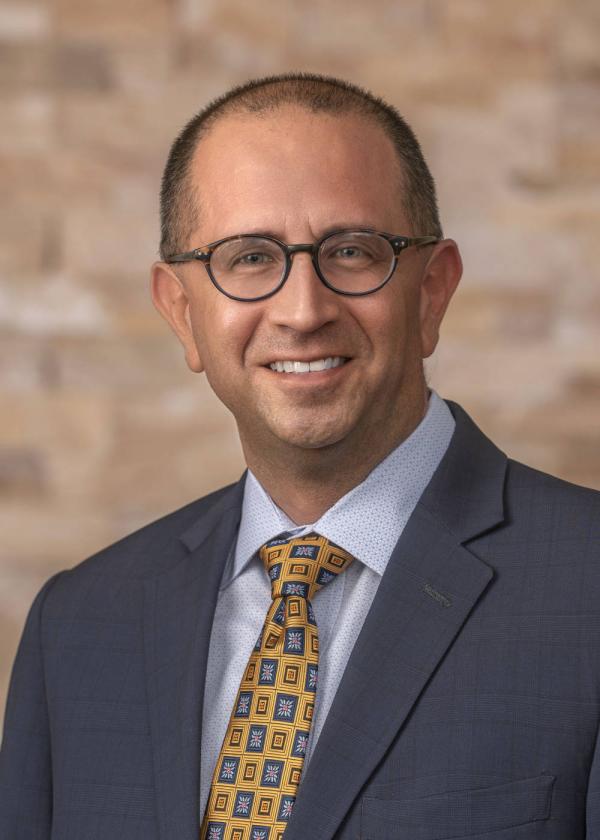
Douglas Salvador, MD, MPH
SVP & Chief Quality OfficerBaystate Health, Inc.
Springfield, MADoug Salvador leads the Department of Healthcare Quality at Baystate Health. He collaborates with colleagues throughout the system to promote a learning health system, develop strategy for quality and patient safety, and coordinate health care for the community. Using his training in medicine, engineering, and epidemiology, Dr. Salvador is focused on the redesign of healthcare delivery systems, promoting diagnostic excellence, undergraduate and postgraduate education of quality and safety, and fostering a culture of patient safety.
A graduate of the Johns Hopkins University (Biomedical Engineering) and Johns Hopkins University School of Medicine, Dr. Salvador trained in infectious diseases at the Beth Israel Deaconess Medical Center in Boston. He practiced as a hospital epidemiologist after receiving a Masters in Public Health degree from the Harvard School of Public Health. He is Board President of the Society to Improve Diagnosis in Medicine.
- x
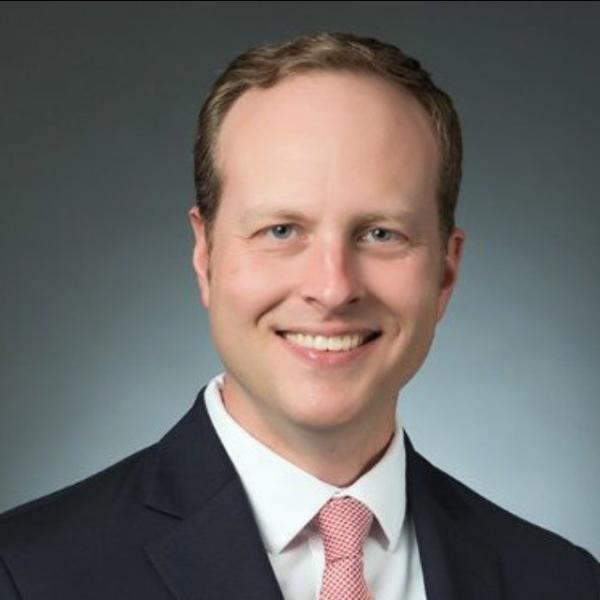
Jonathan D. Stewart, JD, MSc, MS, RN
Senior Director, Risk Management and Patient SafetyBETA Healthcare Group
Roseville, CAJonathan Stewart is a risk and safety consultant to hospitals, health care facilities, and medical groups, providing consultation, education, and risk assessment services to BETA members and insureds. Drawing upon his training in human factors and his clinical background in emergency nursing, he provides education on the investigation and analysis of adverse events. He supports organizations in their development of communication and resolution programs.
Mr. Stewart received master’s degrees in human factors and system safety from Lund University in Sweden and in nursing (health policy) from the University of California at San Francisco. He earned his law degree from the University of Tulsa and has been admitted to the bars of California, Washington, and Alaska. He holds professional certifications in patient safety and healthcare risk management. - x
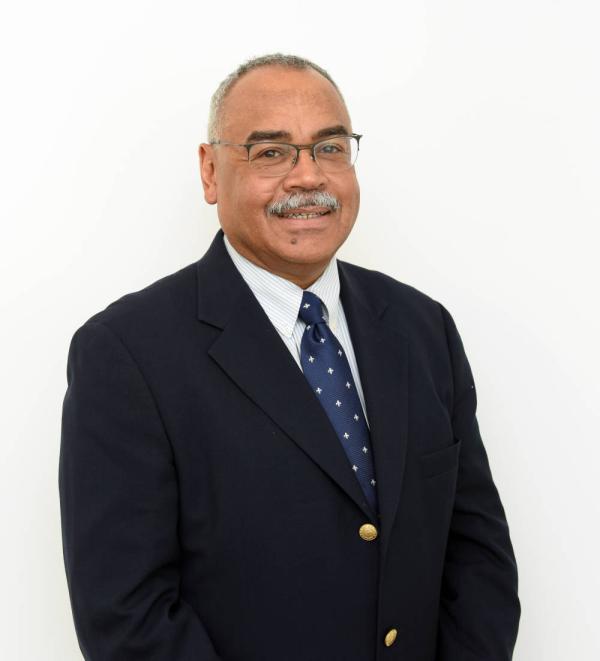
Ronald Wyatt, MD, MHA
MCIC Vermont, LLC
New York City, NYDr. Ronald Wyatt serves as SIDM's Chief Science and Medical Officer. Former roles include Vice-President and Patient Safety Officer at MCIC Vermont and Chief Quality and Patient Safety Officer at Cook County Health, one of the largest public health systems in the United States. Dr. Wyatt is nationally recognized in the United States as an expert in patient safety and was named several times by Becker’s as one of the “Top 50 Patient Safety Experts” in the U.S. In 2010, Ron was appointed as Director of the Patient Safety Analysis Center in the U.S. Department of Defense, now the Defense Health Agency. Dr. Wyatt was the first Patient SafetyOfficer at the Joint Commission and in that role contributed to National Patient Safety Goals, Sentinel Event Alerts, and developed the “Quick Safety” publication.
Dr. Wyatt is a member of the ACGME Clinical Learning Environment Review Committee (CLER). Ron currently serves as co-chair of the Institute of Healthcare Improvement (IHI) Equity Advisory Group. He presents nationally and internationally on leadership, safety culture, safety event analysis, human factors in healthcare, patient experience, and health equity. He also serves on several boards, including the IHI Certified Professional in Patient Safety and, formally, the Society to Prevent Diagnosis in Medicine.
Dr. Wyatt is a credentialed course instructor in the School of Health Professions at the University of Alabama Birmingham. Dr. Wyatt is a graduate of the University of Alabama Birmingham School of Medicine and holds an executive master’s in health administration degree from the University of Alabama Birmingham. He was a 2009-2010 Merck Fellow at IHI.
The analysis of events involving diagnostic error often depends upon the quality of investigations and of investigative interviews in particular. The integration and interpretation of information to achieve a working diagnosis is a critical element of the diagnostic process. Yet, traditional interviewing methods are poorly suited to eliciting details of cognitive processes. The Cognitive Interviewing protocol developed by Drs. Edward Geiselman and Ronald Fisher has been demonstrated through extensive laboratory research and field experience to be an effective technique for assisting interview subjects with recollecting impressions and thought processes that might otherwise be unavailable to fact-finders.
This panel discussion will introduce the fundamentals of investigative interviewing and the basic operations of memory and retrieval in the interviewing context and will present the full Cognitive Interviewing (CI) protocol. Panelists illustrate CI techniques and engage the audience through a series of simulations. Panelist will then discuss the practical implications of integrating this method into organizational operations and infrastructure.
Learning Objectives:
- Describe the fundamentals of effective investigative interviewing;
- Explain techniques for eliciting information about diagnosis-related mental processes in investigative interview settings;
- Demonstrate the skills of the Cognitive Interviewing protocol;
- Describe ways to integrate Cognitive Interviewing into practice.
Oral Sessions 3: Healthcare Teams Improving Diagnosis in Practice
- x
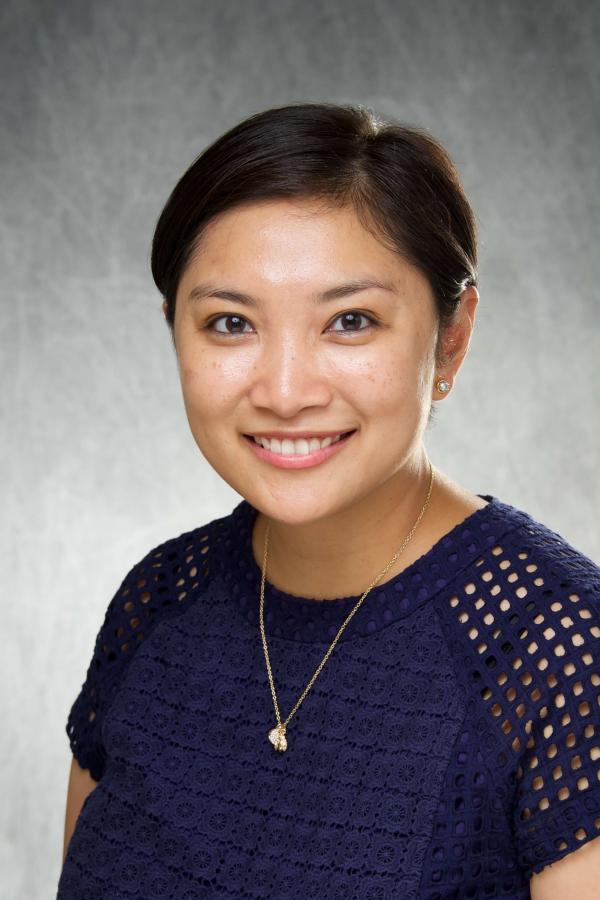
Christina L. Cifra, MD, MS
Assistant ProfessorBoston Children’s Hospital
Harvard Medical School
Boston, MADr. Christina L. Cifra is a health services and patient safety researcher in the field of diagnostic excellence in pediatrics and critical care. She completed pediatric critical care fellowship at the Johns Hopkins Hospital and received formal quality improvement training as a resident scholar at the Johns Hopkins Armstrong Institute for Patient Safety and Quality. She completed her MS degree in Translational Biomedicine, focusing on translation to populations, at the University of Iowa Carver College of Medicine. She is currently an attending pediatric intensivist in the Division of Medical Critical Care at Boston Children’s Hospital and a member of the faculty of pediatrics at Harvard Medical School. Dr. Cifra has published foundational studies on the frequency and causes of diagnostic error in the pediatric intensive care unit (PICU) and has proposed a unified research agenda for diagnostic excellence in critical care medicine. She is currently investigating diagnostic error and the role of diagnostic uncertainty in the assessment of critically ill children on PICU admission and is conducting ethnographic work in the PICU to delineate the influence of referral communication on the PICU diagnostic process. She is also leading innovative work on diagnostic process handoffs across institutions, which includes studies aiming to standardize referral communication for inter-facility transfers to the PICU and improve feedback to PICU-referring clinicians. In addition to her scientific contributions, Dr. Cifra has also devoted considerable effort to facilitating wider recognition and support for scholarship in diagnostic excellence. She is the current Chair of the Research Committee of the Society to Improve Diagnosis in Medicine and is an Associate Editor for Diagnosis, the premier journal for diagnostic safety research.
- x
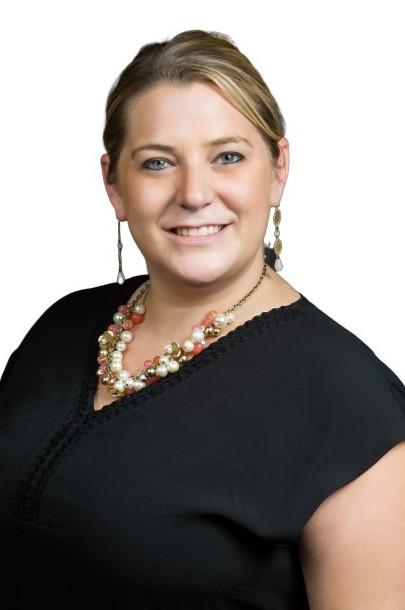
Kristen Miller, DrPH, MSPH, MSL, CPPS
Senior Scientific DirectorMedStar Health, National Center for Human Factors in Healthcare
Washington, D.C.Kristen Miller, DrPH, MSPH, MSL, CPPS is the Senior Scientific Director of the MedStar Health National Center for Human Factors in Healthcare, Associate Professor of Emergency Medicine at Georgetown University School of Medicine, and Affiliate Faculty at Georgetown Innovation Center for Biomedical Informatics. Dr. Miller is a clinically oriented human factors researcher focusing on medical decision making, diagnostic safety, informatics, and the assessment of medical interventions with an emphasis on usability, human error, and patient safety. Her portfolio includes federally funded work from the National Institutes of Health, Agency for Healthcare Research and Quality, Office of the National Coordinator for Health Information Technology, Centers for Disease Control and Prevention, Department of Defense, National Science Foundation, Society to Improve Diagnosis in Medicine, and Pew Charitable Trust. Her research interests also include an evaluation of the ethical, legal, and policy implications of health information technology and digital health tools.
- x
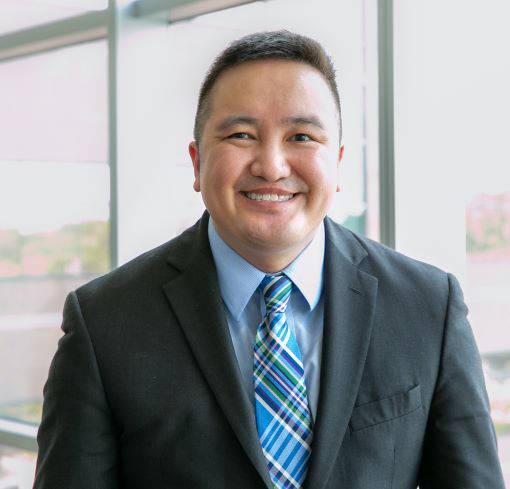
Grant Shafer, MD, MA
NeonatologistChildren’s Hospital of Orange County
Orange, CANeonatologist at Children's Hospital of Orange County. My interest is in diagnostic safety in the neonatal intensive care unit (NICU) - specifically quantification and classification of missed diagnostic opportunities as well as quality improvement interventions to improve diagnosis in the NICU. Clinically I provide service in the Surgical NICU and ECMO teams.
- x
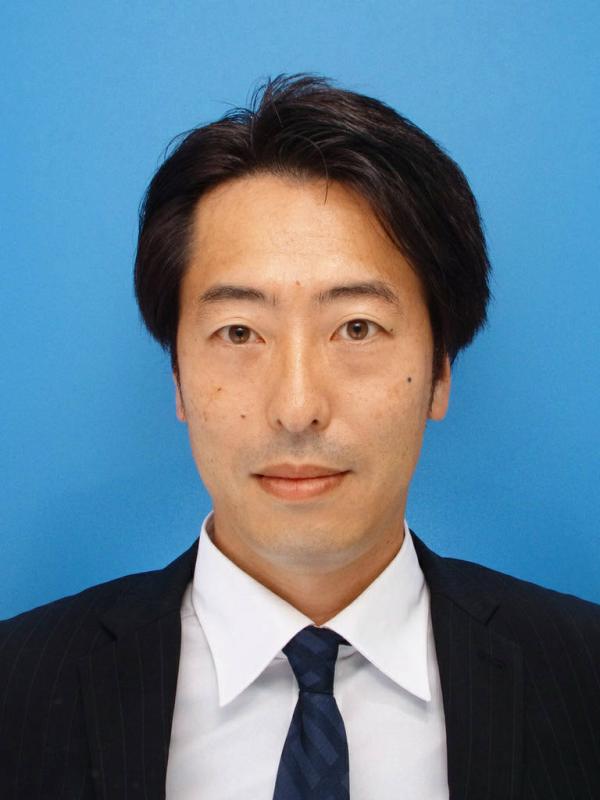
Takanori Uehara, MD, PhD
LecturerDepartment of General Medicine, Chiba University
Chiba, JapanI graduated from Chiba University School of Medicine in 2003 and obtained a medical license (Japanese National Medical Board, No. 431883). Subsequently, I underwent general medicine training at Chiba University Hospital and Asahi General Hospital, and since 2008, I have been working in the Department of General Medicine at Chiba University Hospital. Currently, I hold the positions of Lecturer and Vice-chair in General Medicine at Chiba University Hospital, Chiba, Japan. My specialties include general medicine, diagnostic reasoning, and medical safety. From 2023, I have been conducting research funded by the Grant-in-Aid for Scientific Research C of Grants-in-Aid for Scientific Research ("KAKENHI") from The Ministry of Education, Culture, Sports, Science, and Technology, such as "Development and Effect Measurement of a Cross-Domain Clinical Support System for Inpatients in Organ-Specialized Medical Departments". I have also obtained grants from the Health Labour Sciences Research Grant of The Ministry of Health, Labour, and Welfare for projects such as and "Development of Physician distribution Index Based on Visualization of Organ-Specialist Physicians' Primary Care Practices Using DPC and Time Study." Furthermore, since 2022, I have served as the Chairperson of the Committee for Continuous Professional Development at the Japanese Medical Specialty Board for General Medicine, which was established in 2018. One of my primary responsibilities at present is to act as a comprehensive medicine practitioner who integrates extensive knowledge and serves as a translator and mediator, bridging the gap between patients' language and the medical world, and achieving the role of general medicine in advanced medical institutions.
- x
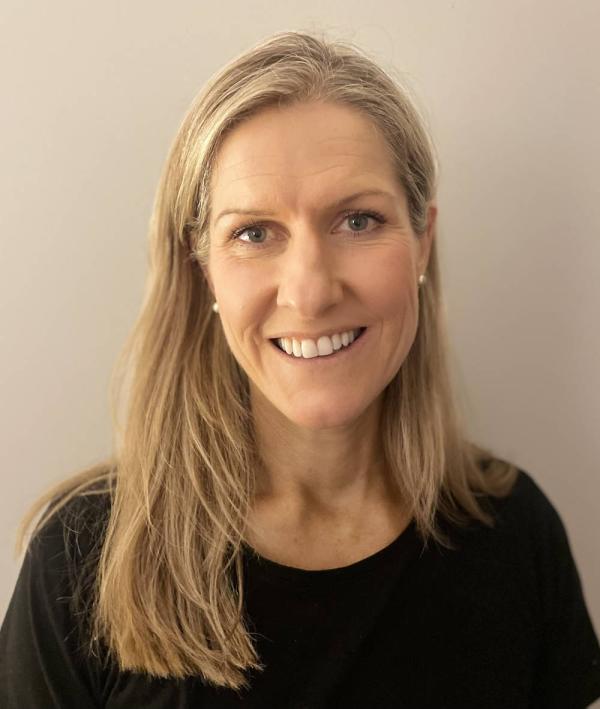
Nadine Murray, RN/RM
Midwifery ManagerMonash HealthBachelor of Nursing,
Graduate Diploma in Midwifery,
Certificate Nurse Immuniser,
Associate Midwifery Manager - Birth Suite Monash Health, Victoria, Australia
I am a passionate and dedicated leader in nursing and midwifery with over 30 years of experience working in tertiary level hospitals. I have worked around the world including the USA, UK and Ireland. For the last 22 years I have been a Birth Suite Midwifery manager at Monash Medical Centre, Melbourne. Australia. As a midwife and leader, I am dedicated to providing exceptional care and driving positive outcomes for women and babies. I am a well-regarded mentor to all medical and midwifery staff.
I have a special interest in premature labour and birth and how we can continue to develop and implement incremental changes to improve outcomes for parents and babies. I am part of several committees including the Neonatal Deteriorating Patient Committee, Small Baby Working Group and a founding member of the Operative Vaginal Birth Steering Committee.
The Operative Vaginal Birth Committee uses research and the collective thoughts and ideas from our multi-disciplinary team of clinical staff and consumers, to implement iterative improvements to policies and processes leading to positive tangible outcomes for mothers and babies. The work we have carried out has delivered some of the most positive changes to instrumental birth practices ever implemented at Monash Health Birth Suite. It is an enormous honour and privilege to be a founding member and representative of this committee. - x

Rebecca Jones, MBA, BSN, RN, CPHRM, CPPS
Patient Safety Authority
Harrisburg, PA - x

Irit Rasooly, MD, MSCE
Attending PhysicianThe Children’s Hospital of Philadelphia
Philadelphia, PADr. Irit R. Rasooly is a pediatric clinician researcher with a focus on diagnostic excellence. She leads the Children's Hospital of Philadelphia Center for Diagnostic Excellence and has research funding from AHRQ.
Authors will present peer-reviewed abstracts of the latest innovations in diagnostic safety research, practice improvement, and education, and will answer questions from the audience.
Learning Objectives:
- Describe new and innovative research related to diagnostic safety;
- Discuss innovative practice improvement strategies for improving diagnosis in medicine;
- Identify high-quality medical education methodologies to improve clinical reasoning and reduce diagnostic error.
Oral Abstract Titles and Presenting Authors
- An Ethnography of Pediatric ICU Transfer Communication and the Diagnosis of Critically Ill Children – Christina Cifra, Boston Children’s Hospital, Harvard Medical School
- Signaling Sepsis Clinical Decision Support Pilot: Iterative Design, Implementation, and Evaluation – Kristen Miller, MedStar Health, National Center for Human Factors in Healthcare
- Improving Completion of Red Reflex Examinations at NICU Discharge: A Practice Improvement Initiative – Grant Shafer, Children’s Hospital of Orange County
- Introducing a Safety Bundle to Reduce Neonatal and Maternal Morbidity from Operative Vaginal Birth – Nadine Murray, Monash Health
- Implementation of Diagnostic Improvement Team by Generalists for Patients in Organ-specialized Wards – Takanori Uehara, Chiba University
- Development and Implementation of Diagnostic Excellence Dashboard – Irit Rasooly, The Children’s Hospital of Philadelphia
Measuring Diagnostic Performance: Insights and an Exercise on Measure Development
- x
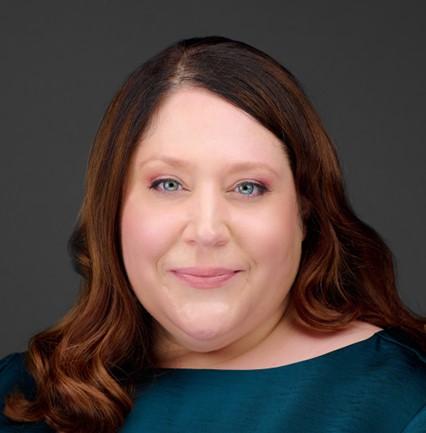
Meridith Eastman, PhD, MSPH
Senior Health Research ScientistBattelle
Columbus, OHDr. Eastman directs Battelle's provision of measure development technical assistance to four cohorts of Gordon and Betty Moore Foundation Diagnostic Excellence Initiative grantees. Prior to joining Battelle in 2020, Dr. Eastman served as testing lead for outpatient imaging efficiency measures in CMS’s Hospital Outpatient Quality Reporting Program, as well as for home- and community-based services (HCBS) measures under development for Medicaid. In this capacity, her work focused on testing and evaluating reliability and validity of quality measures derived from a variety of data sources, including electronic clinical quality measures (eCQMs) and survey-based measures. Dr. Eastman has 16 years of research and research management experience in a broad array of health and health services areas including adolescent health, mental health, chronic disease prevention in community and workplace settings, and states’ efforts to balance institutional and HCBS within the long-term services and supports system (LTSS).
- x
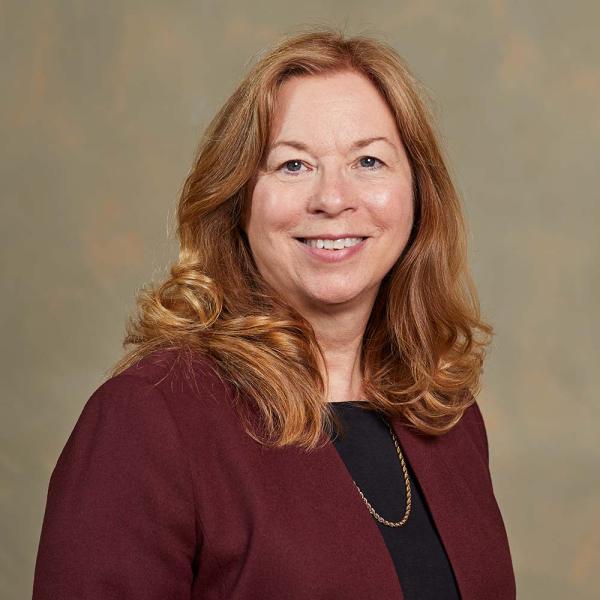
Karen Cosby, MD, FACEP, CPPS
Program DirectorGordon and Betty Moore Foundation
Palo Alto, CAKaren Cosby, MD, FACEP, CPPS is an academic emergency medicine physician who has practiced and taught emergency medicine for 30 years. As Associate Professor of Emergency Medicine at Rush University and senior emergency physician at Cook County Hospital she led departmental and hospital wide Quality and Oversight divisions and focused her academic work on better understanding medical error and finding system solutions to improve patient safety. As a Program Director of the Diagnostic Excellence Initiative at the Gordon and Betty Moore Foundation, she manages a portfolio of grants designed to improve measurement of diagnostic quality. She is one of the founding members of SIDM and helped originate and lead the SIDM Fellowship in Diagnosis, and since joining the Foundation has helped establish similar opportunities for fellows and scholars with the National Academy of Medicine and the Society of Bedside Medicine. She has edited two books: Diagnosis Interpreting the Shadows and Patient Safety in Emergency Medicine.
- x
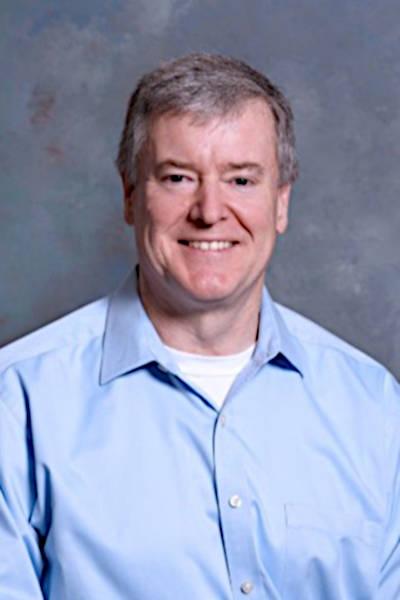
Jeffrey Geppert, EdM, JD
Senior Research LeaderBattelle
Columbus, OHJeffrey J. Geppert is a Senior Research Leader at Battelle Memorial Institute in the Health Business Unit. He has served for the past nine years as the clinical quality measure (CQM) subject matter expert on the Measures Management System (MMS) contract with the Centers for Medicare & Medicaid Services (CMS), and before that was the project director on the Agency for Healthcare Research and Quality (AHRQ) Support for Quality Indicators contract for ten years. Jeffrey also serves as the measurement science team leader on the National Consensus Development Contract (NCDC) with CMS. For the past four years, he has provided technical assistance to the Gordon & Betty Moore Foundation grantees on the development of CQM for diagnostic performance.
- x
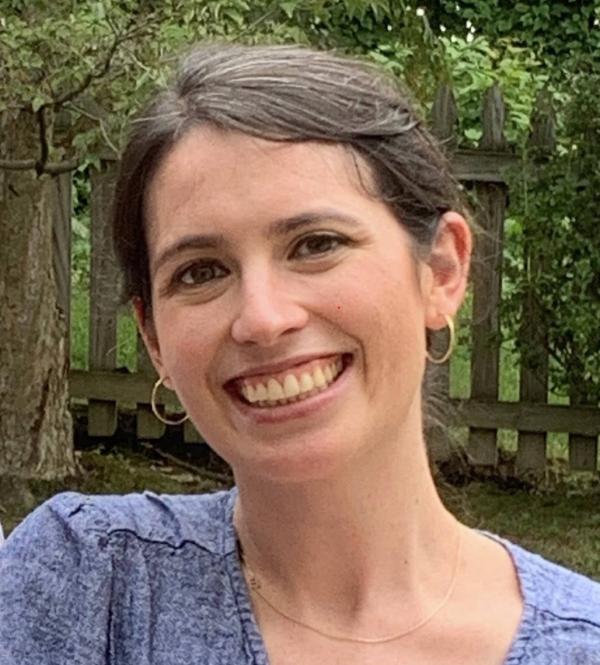
Kate Buchanan, MPH
Social ScientistBattelle
Columbus, OHKate Buchanan, MPH, a social scientist at the Battelle Memorial Institute, has 10 years of experience in health care policy and measurement implementation. Currently she works on the National Consensus Development and Strategic Planning for Health Care Quality Measurement (NCDC) contract awarded by the Centers for Medicare & Medicaid Services (CMS). On the NCDC she is the task lead for the Core Quality Measures Collaborative, a coalition of health care leaders working to facilitate cross-payer measure alignment. She is also the task co-lead of the Pre-Rulemaking Measure Review, the annual process to provide recommendations to CMS on the selection of quality measures under consideration. Ms. Buchanan was the project lead for the Gordon and Betty Moore Foundation funded work to develop the Diagnostic Excellence Initiative: Measure Implementation Challenge-to-Action Brief, which focuses on implementation challenges of diagnostic performance measures and actions that the field can take to mitigate these challenges. Prior to joining Battelle, Ms. Buchanan was a senior manager at the National Quality Forum (NQF). Ms. Buchanan has extensive experience facilitating working groups around health care quality improvement, federal value-based payment programs, and mitigating the negative impacts of the social determinants of health.
In winter 2022, the Gordon and Betty Moore Foundation sponsored a series of meetings to identify and address challenges associated with the development and implementation of measures of diagnostic performance related to three categories of conditions: acute cardiovascular events, infection, and cancer. Leveraging information collected about challenges experienced from the first two cohorts of GBMF Diagnostic Excellence grantees, experts--including patients, federal and private sector measure adopters, clinicians, and other specialists—discussed opportunities to address these challenges and increase the use of diagnostic performance measures. During this workshop, participants will learn about the findings from this series of meetings and have a chance to apply solutions to a diagnostic performance measure developed in real time with participant and presenter input.
Learning Objectives:
- Understand the measure development and implementation challenges confronted by the Gordon and Betty Moore Foundation Diagnostic Excellence Initiative Grantees;
- Discuss opportunities and solutions to address these challenges;
- Apply solutions in real time during a measure development exercise.
Another Take on Choosing Wisely: The Intersection of Clinical Reasoning and High-Value Care
- x
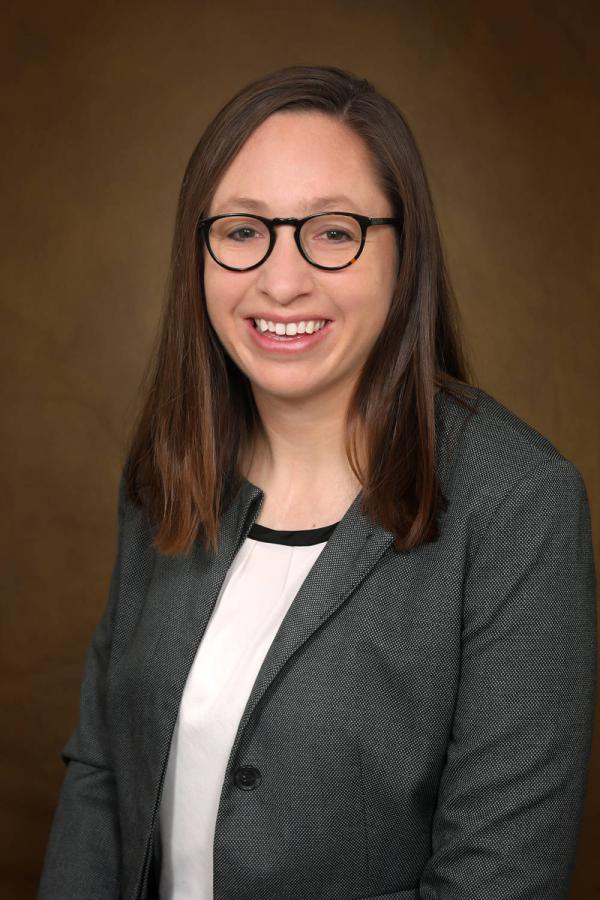
Sarah Haeger, MD, PhD
Chief Medical ResidentUniversity of Colorado School of Medicine
Aurora, COSarah Haeger is currently a chief resident in the University of Colorado Internal Medicine Residency Program. She previously completed her MD/PhD at the University of Colorado before staying for her internal medicine residency training and her chief resident year. She is currently applying and interviewing for nephrology fellowship programs. Sarah has always had a passion for clinical reasoning and as chief resident hopes to improve management reasoning education for medical learners.
- x

Juan Lessing, MD, FACP
Associate Professor of MedicineUniversity of Colorado
Aurora, COJuan N. Lessing MD, FACP is an Associate Professor in the Division of Hospital Medicine at the University of Colorado. He earned an Art and Archaeology degree from Princeton, attended medical school at the University of California, San Francisco, and completed residency and chief residency at the University of Washington, Seattle. His professional passion is the art and science of clinical and management reasoning especially within medical education. At the University of Colorado, he is passionate about teaching learners "how, not what, to think" to enhance lifelong learning and improve patient care.
- x
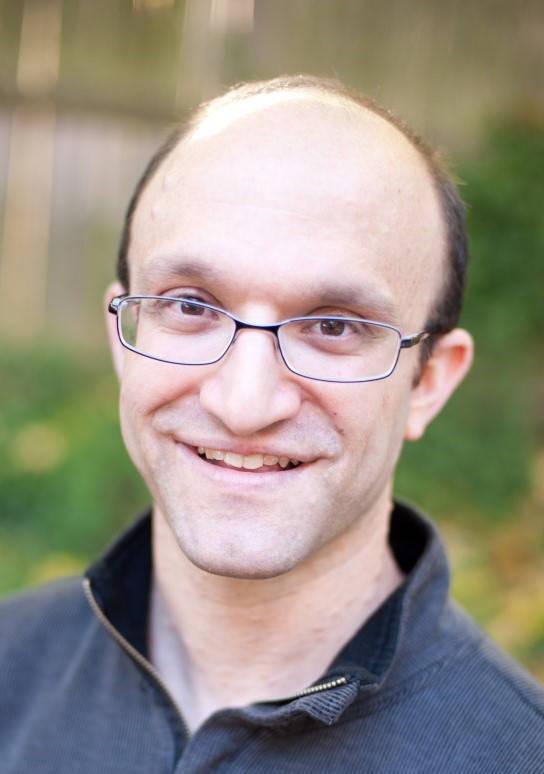
Andrés Lessing, MBA
Patient AdvocateAndrés Lessing works for Blue Cross Blue Shield of Massachusetts as a Technical Business and Compliance Senior Manager. He holds a Bachelor’s degree in Economics from Brandeis University and an MBA from Boston College. Andrés serves as Treasurer on the Board of Directors at Neurofibromatosis Northeast in Burlington, MA and is a Town Meeting Member in Milton, MA. He further supports Neurofibromatosis Research serving as Co-Chair of the Patient Representation Group at the REiNS (Response Evaluation in Neurofibromatosis and Schwannomatosis) International Collaboration. He is proud to serve as a patient advocate and participates in yearly lobbying efforts for congressional research funding. He and his wife enjoy speaking Spanish to their twin sixth graders who more often than not respond in English.
- x

Read Pierce, MD
Associate Professor
Dell Medical SchoolThe University of Texas at Austin
Austin, TX
Overview: Medical culture exalts the rare. Conferences, publications, exams, even pop culture, focus disproportionate attention on rare conditions. An underlying assumption of medical education & the diagnostic accuracy/patient safety movement is if clinicians knew about ALL diseases, we would better identify & manage them. Yet, as evidenced by the National Academies of Medicine report Improving Diagnosis in Health Care, the majority of diagnostic errors & what causes the greatest morbidity & most frequent and costly malpractice actions are not rare conditions, but common ones, primarily in the sphere of vascular events, infection, & malignancy.
Our current format of teaching clinical reasoning & high-value care lacks focus on what actually dominates our day-to-day clinical practice: identifying & managing variations in how common diseases in that specialty actually manifest & how common situations (e.g., lack of insurance, mistrust in the medical system) impact management. In this workshop we share practical applications of a different approach. We believe the goal of medical education should be to help early learners develop and practice an approach for developing deep mastery through many reps with the wide variability in how common diseases & common situations present.
Learning Objectives:
- Be able to explain to a colleague the concept of mastery of nuance & why reps with common things matter;
- Have 2 practical strategies to focus your teaching on emphasizing nuance – via many reps with common conditions;
- Challenge 1 assumption about high-value care in the realm of management.

